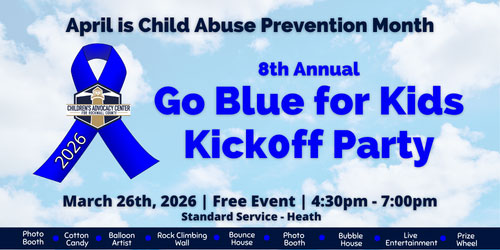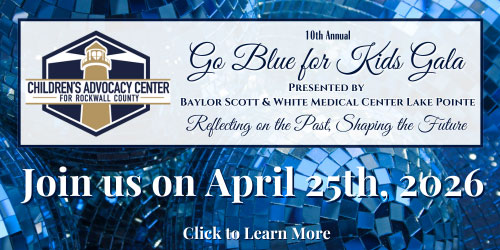“Good judgment comes from experience and experience comes from bad judgment,” read the sign in the gift shop. The sign reminded me of what I’ve learned about errors: since mistakes are at the forefront of learning, it is best if we can be friendly with error and welcome mistakes for the learning opportunities that they are.
What have most of us been taught about mistakes? That they are to be avoided, that they are bad, and you are stupid if you make a mistake. Or if you make a mistake you’ll be get a lower grade, be punished or yelled at, or worse.
The reality is that someone who doesn’t make any mistakes is not alive. If you are living, you will make mistakes. Wouldn’t it be helpful if our children, along with us, learn to see mistakes a chance to discover something new about ourselves? Wouldn’t it be helpful to learn to be open and honest about our shortcomings in order to learn and grow versus trying to hide our misjudgments with lying and subterfuge, all the while feeling inadequate, perhaps for a lifetime?
How can we, then, be friendly with error?
We can model being kind to ourselves when we make an error. Too many times when an incident occurs we delve into self-deprecation with a slip of the tongue. “I’m so stupid.” What would our children learn if we laughed at our mistakes and said, “I’ll have to figure this one out!”
When we are sorry for an outcome, either intentional or accidental, we can try to make amends by apologizing. An apology consists of four steps. First, say you’re sorry. Secondly, ask how to help the other person get back to normal or feel better. Offer to change behavior, so the incident doesn’t reoccur. Finally, ask for the apology to be accepted. A sincere apology might sound like this:
”I’m so sorry. I didn’t mean to run into you. Are you hurt? How can I help you? I’ll be more careful about where I’m going. Will you accept my apology?”
Show your children that it is fine to ask for assistance when an error in judgment occurs. Throw the ball accidentally into the neighbor’s yard? Call on the phone or knock on the door to ask for the neighbor’s help in retrieving the ball. Model that making a mistake doesn’t mean that the mistake maker is bad or irresponsible. Show that trying to correct our error, being accountable, is a first step in using our mistakes to learn and grow.
Let’s be friendly with mistakes and show our children how to laugh and learn from errors, how to apologize and how to ask for help.

Read more from Maren Schmidt:
Do you know who your children are?
Why it’s important to establish routines with our children
An iron hand in a velvet glove
Montessori teachers credo: to be a help to life
Written by Blue Ribbon News special contributor Maren Schmidt, Kids Talk TM deals with childhood development issues. Schmidt founded a Montessori school and holds a Masters of Education from Loyola College in Maryland. She has more than 25 years experience working with children and holds teaching credentials from the Association Montessori Internationale. She is author of Building Cathedrals Not Walls: Essays for Parents and Teachers. Contact her at maren_schmidt@me.com. Copyright 2012.





